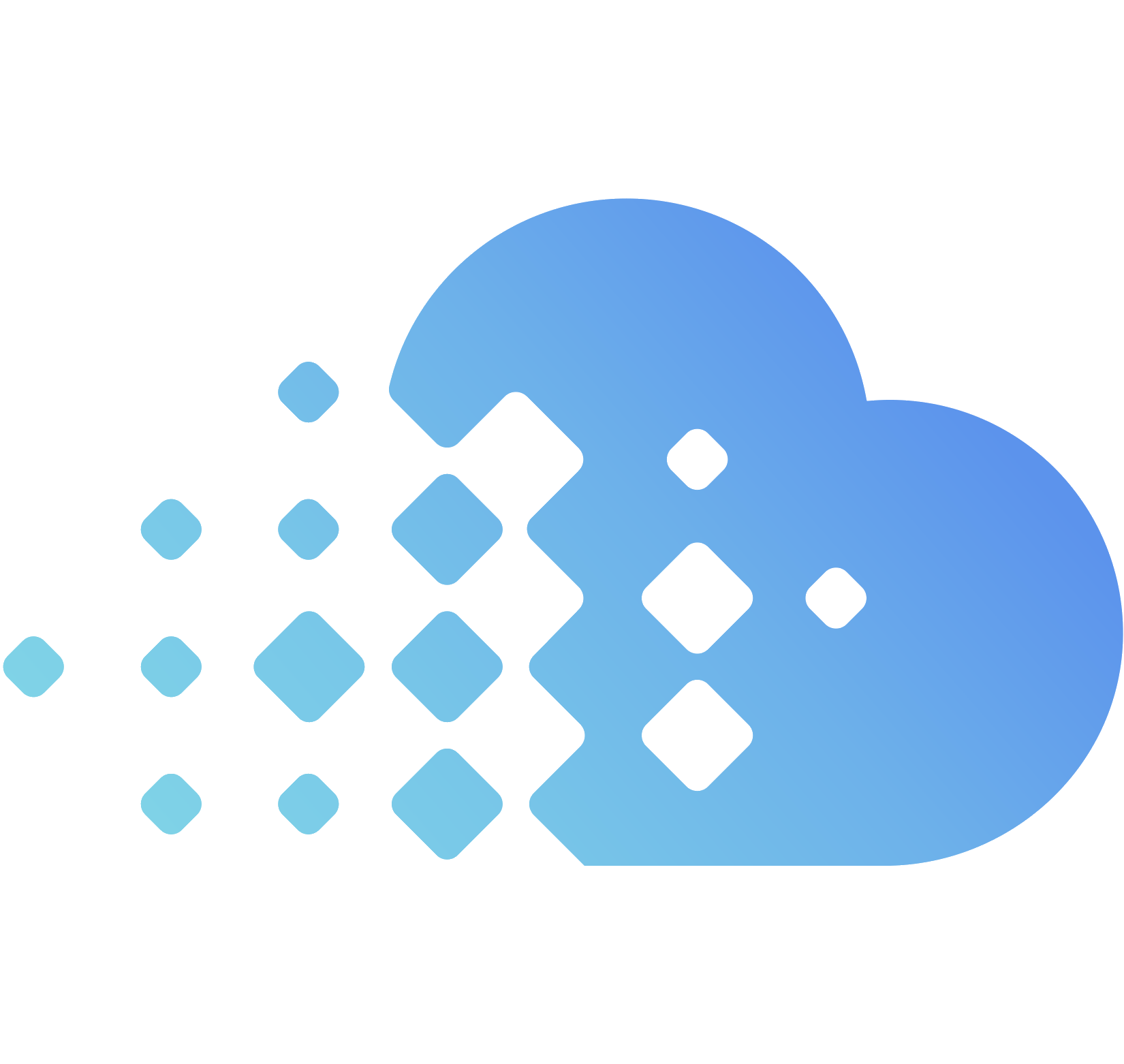Reading time: 3-4 minutes
Today Facebook released the October 2020 Coordinated Inauthentic Report, a monthly report of the social networks’ findings of “coordinated inauthentic behavior” (read more). In this month’s report, we see that Facebook has removed 12 Facebook accounts, two Pages, and 307 Instagram accounts violating Facebook’s foreign Interference policy. The activity uncovered has originated in Iran and primarily targeted Israel. Around 9,500 people followed one or more of the Instagram accounts mentioned.
I find foreign interference being a problem when encountered in any country but find it an actual danger in highly polarized countries like Israel or any other socially diverse country, the main reason for this is – public opinion shifted by opposing countries may cause actual civil unrest and destabilization of a country.
The accounts mentioned have posted memes, images, and other content in Hebrew and Arabic, a reminder – Iran’s sole official language is Farsi, focusing on news and current events including protests in Israel and criticism of the prime minister’s response to the pandemic. it has been mentioned that Facebook’s investigation has found links to individuals associated with EITRC, a Teheran-based IT company that I have yet to find any information on. even after googling through multiple search terms and using search engines that probably got me on a watchlist somewhere ( if anyone has any information regarding this company – please contact me). I assume the EITRC company is a front company of the Iranian government but I have no proof except my (relatively accurate) gut feeling.
This incident has caused me to think of the need for the identification and authentication of user accounts on Facebook. As we all know – online anonymity is a double-edged sword, it allows the freedom of not being judged but also permits the amplification of impersonation, misinformation, and foreign intervention. I find it weird advocating for the deanonymization of a big part of the free internet but the online ream has changed so much in the past years and this causes me to think we don’t have a full grasp of the capabilities and consequences of the current freedom in the hands of every person\business\global power.
The main problem with deanonymization is that certain liberties are lost when revealing personal information, but from my point of view, for big social networks (such as Facebook or Instagram) The identity of uses is already revealed to the whole world – so I see no fundamental downside to governments mandating the identification of users claiming to be living their county.
The real task I find challenging is the authentication of said users. authentication by phone is an implementation that social networks are already using for dealing with this problem but I feel that even though it’s better than no authentication at all by a long margin, this method isn’t quite there and should be improved.
A way of improving authentication is by using a personal identification number when creating a social network account and cross-referencing with a governmental database. the difficulty that arises is with safeguarding the personal information of all people in the database and the possible intrusion of privacy that might come up whenever creating such a centralized database, This kind of implementation is much easier for governments that have biometric identification implemented and much more difficult to implement in countries like the United States where identification systems do not exist. I expect peoples’ reflex for reading the last sentence to be something like: “Wait for a second, the US has social security in place.” but what people usually don’t know is that the social security number was made as a tax and social security account number, and multiple security flaws that cause it to be unsuitable for the use of identification (this is actually a fascinating subject you can learn more about in this amazingly educational and sarcastic video by CGP Grey about social security),
Assuming the successful implementation of some identification & authentication system, the question that now should be asked is how do we keep the benefits of privacy and online anonymity, my quick and dirty answer is – just don’t overregulate(much easier said than done, I know…), I’m suggesting that if a regulatory body is established to deal with the said subject, there should be a simple definition to what counts as a social network\online service that should be required to use said system.
In summary, foreign intervention by social media is a problem that can possibly be dealt with by implementing a governmental identification and authentication system. This subject should be publicly discussed and possibly implemented.
Disclaimer
- This is a personal opinion article that only represents my own opinion on this subject.
- My opinion on this subject may change in the future.


No responses yet